This is something that I’ve been talking about for quite a while here, though others have been steadily raising similar alarms. Over the past couple of decades (at least) there has been an increasingly obvious and public realignment in international relations, with lines being drawn and sides being chosen in an alarming fashion. The end of the cold war left many politicians – particularly in the United States and western Europe – hopeful that the days of dangerous tensions and school children training to hide under their desks when the flash of a nuclear bomb flooded their classroom were behind us. The world, it seemed, was waking up to the concept of international cooperation.
Sadly, that didn’t last very long. As we moved into the 21st-century, we witnessed new alliances coming into play. Some of the traditional bad actors on the stage began acting more and more in concert, banding together to support authoritarianism and create a bulwark against western ideas and principles. The primary players in this unpleasant performance were Russia, China, North Korea, Iran, Venezuela, and, increasingly, Turkey. I began referring to this collective as the new Axis of Evil earlier this year. And now, at least one member of the Senate has dared to speak the words aloud. Republican Senator Marsha Blackburn has stood up called out these bad actors for precisely what they are. (Free Beacon)
As Russian troops move into Ukraine, a new global “Axis of Evil” is rising, emboldened by the Biden administration’s weak leadership, according to a Republican senator.
Sen. Marsha Blackburn (R., Tenn.), a member of the Senate Armed Services Committee, said the invasion marks the arrival of a “new axis of evil” comprising Russia, China, Iran, and North Korea. The Biden administration’s refusal to take tough unilateral action when faced with aggression has emboldened these nations, she said. Her remarks came during a recent roundtable discussion on the escalating situation in Ukraine.
The discussion, hosted by Blackburn and recorded late last week as Russian troops prepared to invade Ukraine, was provided to the Washington Free Beacon by Blackburn’s office.
I will take exception with a couple of aspects of Blackburn’s analysis, while still finding the bulk of it impressive. First of all, she leaves Turkey off the list, despite the way that Recep Tayyip Erdogan has dismantled the formerly growing surge of capitalism and democratic trends in his nation while forging increasingly strong bonds with Russia and Iran. That is perhaps understandable, since Turkey is still technically a member of NATO and therefore presumably one of our allies, despite failing to act very much like it in recent years. We probably don’t need members of Congress publicly lighting fires under that tinderbox while so many other catastrophes are unfolding. She also leaves out Venezuela for some reason, perhaps because she is more focused on Europe and western Asia at the moment.
Also, both Blackburn and some of the other participants in her recent recorded discussion focused their analysis of these disturbing developments almost entirely on faults committed by the Biden administration. I will freely admit that many of Biden’s words and actions haven’t helped matters any and many mistakes have been made that could have emboldened some of our adversaries to believe that they have little or nothing to fear from Washington these days.
But with that said, this problem has been festering for much longer than that and these problems didn’t suddenly appear when Joe Biden was sworn into office. The rise of the new Axis of Evil began in earnest during the later years of the George W. Bush administration and presidents from both parties have ignored the problem and, in some cases, acted as enablers of this new authoritarian alliance.
As I already said, I was not nearly the first to coin the phrase Axis of Evil in this way, but many recent developments prompted me to use the term, particularly as the new year began. One significant red flag caused me to point to this Axis when China announced a 25-year economic and potentially military agreement with Iran just as we were battling against them at the negotiating table over their nascent nuclear weapons program. Vladimir Putin’s cozy meetings with Xi Jinping in the runup to the Olympics represented another such moment.
I previously remarked on the astute analysis of Anne Applebaum at The Atlantic when she identified the way that the west has systematically ignored the increasingly bad behavior of these autocratic states, preferring to file them away as “other people’s problems.” We continued to feed money and control of the global supply chain to China, believing that exposure to enough of the wonders of capitalism would inspire them to engage in some democratic reforms. Instead, they wound up taking our pail and shovel and kicking sand in our faces. Russia’s willingness to increasingly engage in foreign trade and welcome some westernized businesses into the country really only masked Vladimir Putin’s desire to rebuild the Soviet Union and make it unbreakable this time.
The world has changed, and not for the better. We previously perceived an advantage for the west in the fact that the Axis members frequently squabbled amongst themselves as much as they butted heads with us. But that’s no longer the case. All of the nations on my list now have either official or casual relationships with each other and they are aligned in a set of goals that are completely contrary to our own. And as Russia seeks to expand its turf and China eyes a similar move in Taiwan, it’s clear that they would like to see their collective empire grow further. We should stop ignoring this and act accordingly in concert with our remaining allies.
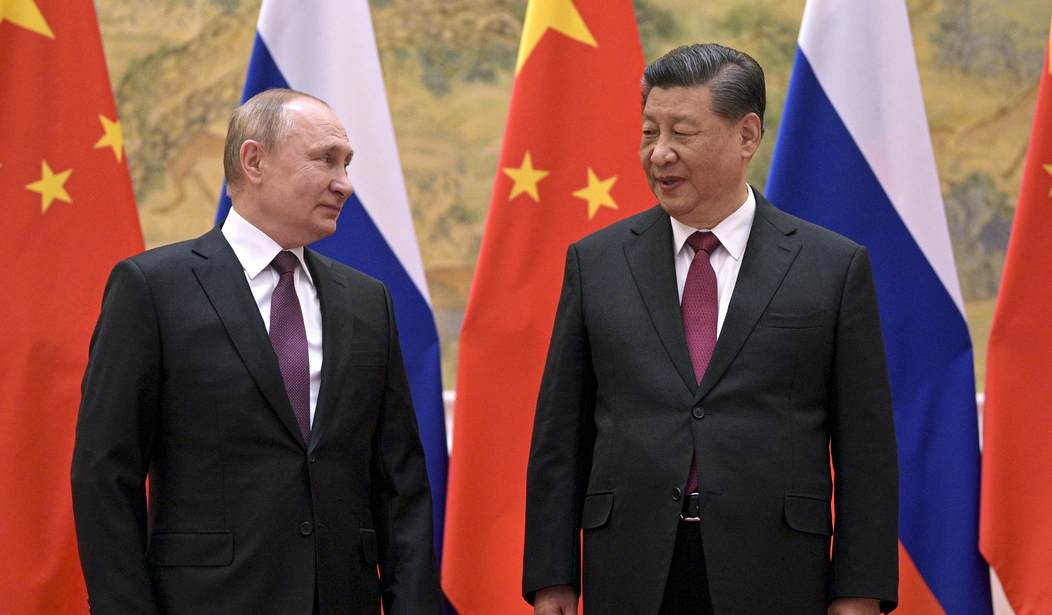

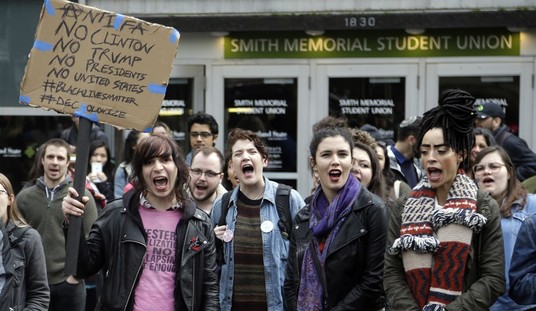


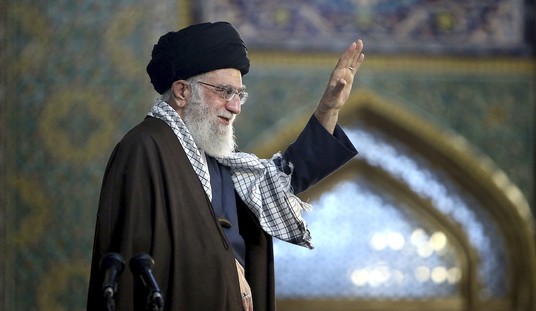
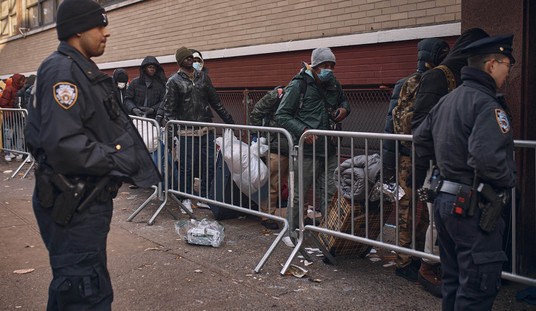
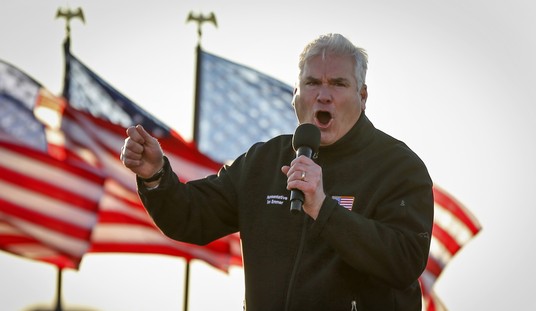
Join the conversation as a VIP Member